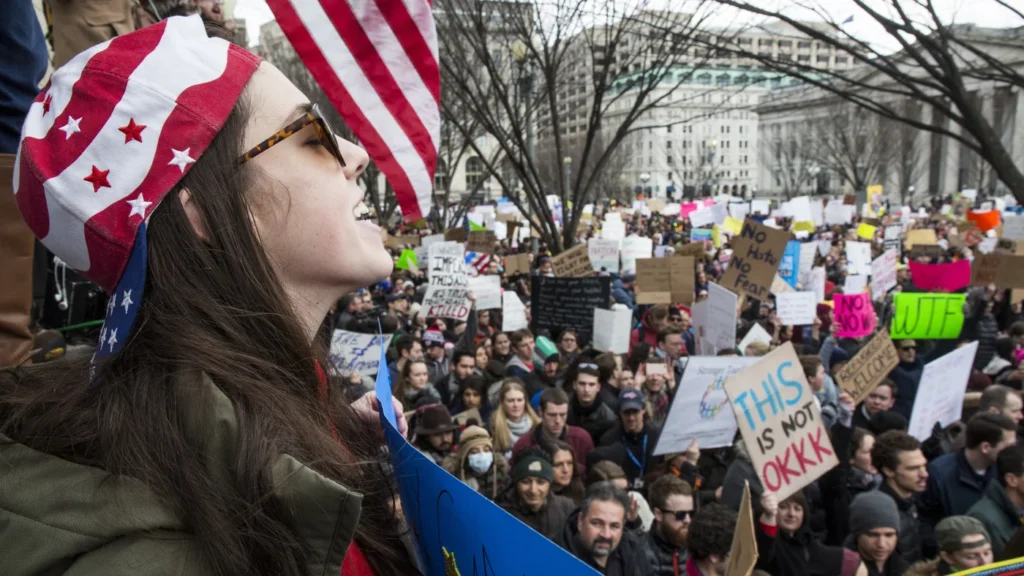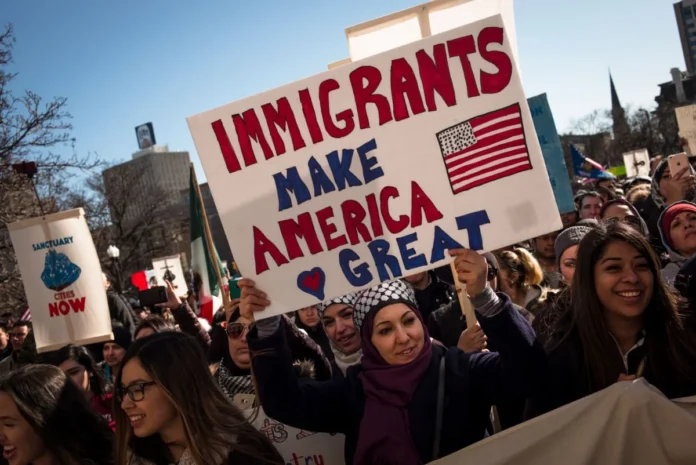Introduction
United States pauses immigration applications from migrants who entered under specific Biden-era parole programs. This indefinite pause, implemented by the Trump administration, aims to address fraud and security concerns, leaving many applicants uncertain about their legal status. As a result, thousands of individuals who were on track to secure a more stable residency status now face an unpredictable future.
Why Has the U.S. Paused Immigration Applications?
According to officials, the decision stems from concerns over fraud detection, public safety, and national security. The government will conduct a thorough review before resuming application processing. This move impacts thousands of migrants who had previously entered the country through legal pathways. In addition, immigration authorities have cited the need to improve screening procedures to prevent potential security threats from slipping through the cracks.
Who Is Affected by the Immigration Pause?
The policy affects individuals admitted under three key Biden-era immigration programs:
- Uniting for Ukraine – Designed for Ukrainians fleeing the war, with around 240,000 arrivals.
- CHNV Program – Allowed over 530,000 Cubans, Haitians, Nicaraguans, and Venezuelans to enter the U.S. legally with American sponsors.
- Family Reunification Parole Programs – Enabled some Colombians, Ecuadorians, Central Americans, Haitians, and Cubans to wait in the U.S. for family-based green card approvals.
With the pause in effect, pending applications for Temporary Protected Status (TPS), asylum, and green cards will not be processed, leaving many migrants in a legal limbo. Those who had relied on these programs to transition into more permanent legal status are now at risk of having their temporary protections expire without alternative solutions.
The Reasoning Behind the Immigration Freeze
The Trump administration contends that the Biden-era programs overused parole authority, allowing migrants to bypass traditional visa channels. The recent fraud investigations identified cases involving duplicate sponsors, deceased individuals, and unverified addresses. According to officials, such loopholes could potentially be exploited by bad actors, thereby undermining the integrity of the U.S. immigration system.

Additionally, immigration officials have argued that the current vetting process is insufficiently rigorous, leading to concerns about public safety and national security risks. Reports have indicated that some individuals granted parole status may not have undergone the same level of scrutiny as those who apply through conventional visa programs, prompting calls for increased oversight and enforcement measures.
Implications for Affected Migrants
For now, migrants affected by the pause remain in the U.S. but without clear legal pathways to permanent residency. If the parole status of these individuals is revoked, they may become subject to deportation proceedings. This development has sparked fear and anxiety among thousands of immigrants who had hoped to build their lives in the U.S.
Furthermore, the halt in processing immigration benefits places additional financial and emotional strain on affected migrants. Without valid documentation, many individuals may lose their work permits, making it difficult to secure employment or access essential services. Legal experts have warned that this could push vulnerable populations into precarious situations, increasing the risk of exploitation and economic hardship.
The Role of Immigration Advocates
Advocacy groups and immigration lawyers have condemned the move, arguing that it unfairly penalizes individuals who followed legal pathways to enter the U.S. Many have urged the government to clarify the timeline for resuming application processing and to establish alternative avenues for those affected. Some lawmakers have also expressed concern over the humanitarian consequences of the pause, calling for legislative solutions to protect migrants who now face uncertainty.
Immigration organizations continue to pressure the administration to prioritize transparency in the review process and to provide updates to those impacted by the freeze. Efforts to challenge the suspension through legal means are also underway, with some attorneys considering lawsuits to ensure that pending applications are processed fairly and without unnecessary delays.
What Happens Next?
For now, the administration has not provided a clear timeline for when application processing may resume. However, officials have suggested that the freeze could be lifted if the government establishes stronger vetting systems. Immigration advocates continue to call for clarity and fairness in processing cases already in progress.
Some experts believe that additional legislative or policy measures may be necessary to resolve the backlog of applications created by the pause. Until then, affected migrants must navigate a complex legal landscape with no guarantees of a clear resolution.
Conclusion
The indefinite suspension of immigration applications under Biden-era parole programs creates significant uncertainty for thousands of migrants. While the government reviews its vetting procedures, many applicants face potential legal and employment challenges. Immigration experts emphasize that without a structured plan for reinstating application processing, thousands of individuals could be left in limbo indefinitely.
As immigration policy remains a politically charged issue, future decisions will determine whether these individuals can continue their path to permanent residency or face removal from the U.S. The situation remains fluid, with ongoing debates about the balance between national security, fraud prevention, and humanitarian considerations.


